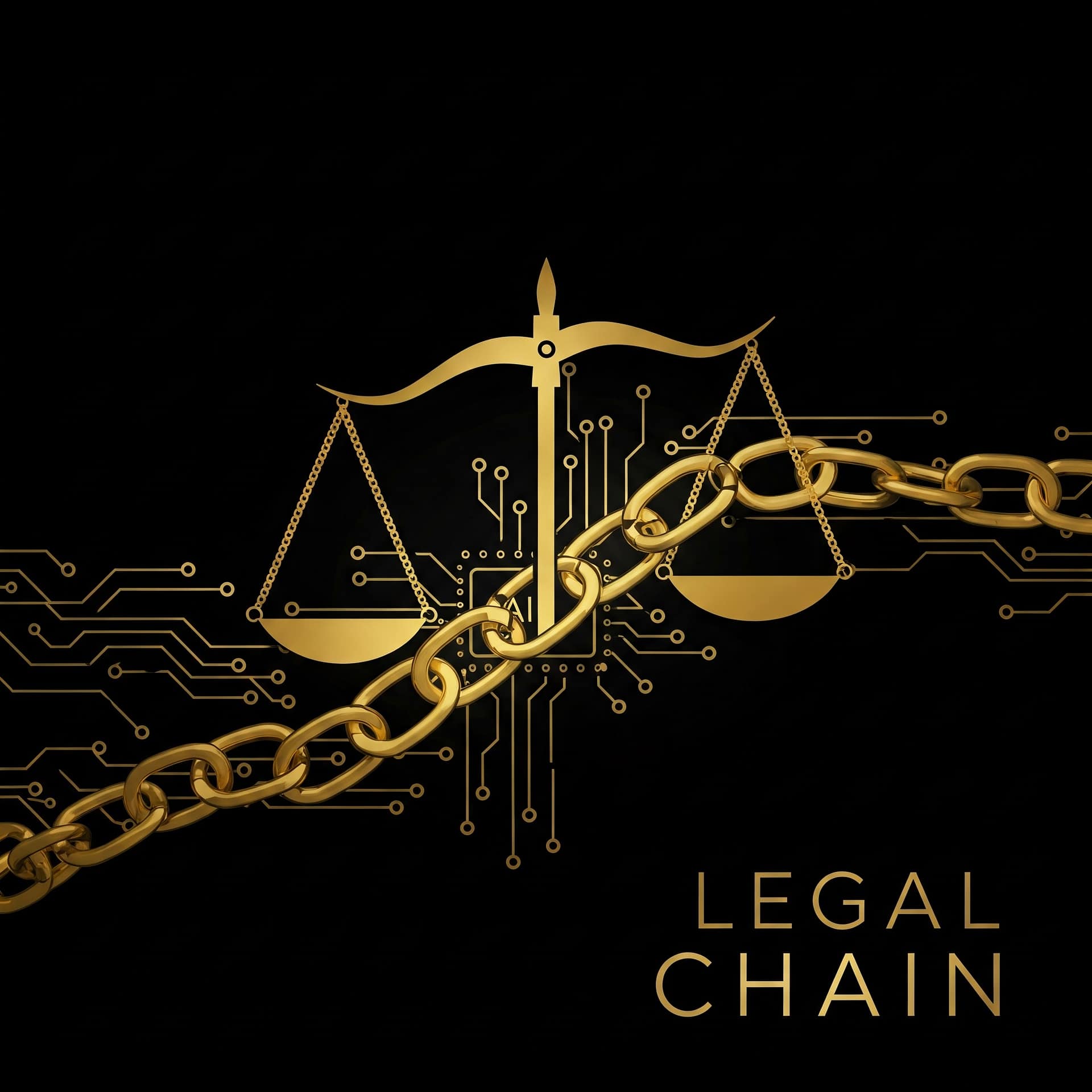How Democratizing Law with AI Benefits Everyone
For too long, the intricacies of the legal system have remained locked behind expensive consultations, dense jargon, and a general air of inaccessibility for the average person. This creates a significant power imbalance, leaving individuals and small businesses vulnerable and often unable to navigate their rights and responsibilities effectively. But what if technology, specifically advanced multimodal AI Software as a Service (SaaS) could dismantle these barriers and democratize the law? The implications extend far beyond just empowering end-users; they ripple outwards, creating a more just and equitable society for all.
Let’s delve into the multifaceted benefits of such a technological revolution:
Empowering the End User: A Direct Line to Justice
The most immediate and obvious beneficiaries of a legal AI SaaS are the individuals and small businesses who currently find the legal landscape daunting and often unaffordable. Imagine a platform that offers:
- Affordable Legal Guidance: Instead of exorbitant hourly fees, users could access AI-powered tools for a fraction of the cost. This includes understanding basic legal concepts, identifying relevant laws, and getting guidance on common legal issues like contract disputes, landlord-tenant matters, or intellectual property basics.
- Simplified Legal Processes: Legal documents and procedures are often intentionally complex. A multimodal AI could translate this jargon into plain language, guide users through form completion, and even assist in drafting basic legal documents, reducing the need for expensive lawyer intervention in routine matters.
- Enhanced Access to Information: Legal information is often scattered and difficult to find. An AI SaaS could centralize relevant statutes, case law, and regulatory information, making it easily searchable and understandable for non-legal professionals. Imagine being able to quickly understand your rights as a consumer or the regulations governing your small business.
- Early Issue Identification and Prevention: By providing accessible legal information and preliminary analysis, users can identify potential legal issues early on, allowing for proactive measures and potentially avoiding costly and stressful litigation down the line. For example, an AI could flag clauses in a contract that are unfavorable or highlight potential compliance risks for a small business.
- Personalized Legal Assistance: A multimodal AI can analyze individual circumstances and provide tailored guidance, going beyond generic information. By understanding the specific facts of a situation, it can offer more relevant insights and potential courses of action.
The Societal Ripple Effect: A More Just and Efficient World
The benefits of democratizing law through technology extend far beyond individual empowerment, contributing to a more just and efficient society as a whole:
- Reduced Burden on the Legal System: When individuals and small businesses can resolve minor legal issues or understand their rights without resorting to litigation, it alleviates pressure on the courts and legal professionals. This allows the system to focus its resources on more complex and critical cases, leading to a more efficient administration of justice.
- Increased Access to Justice for Underserved Communities: Cost and complexity are significant barriers to justice for marginalized communities. An affordable and user-friendly AI SaaS can bridge this gap, providing access to legal information and guidance that was previously out of reach. This can empower vulnerable populations to assert their rights and seek redress.
- Greater Legal Literacy and Civic Engagement: When legal information becomes more accessible and understandable, it fosters greater legal literacy among the general population. This can lead to more informed citizens who are better equipped to understand their rights and responsibilities, contributing to a more engaged and responsible citizenry.
- Stimulating Economic Activity: Small businesses, often operating on tight margins, can be significantly hampered by legal costs and complexities. Affordable legal tech can empower them to navigate regulations, protect their intellectual property, and resolve disputes more efficiently, fostering innovation and economic growth.
- Data-Driven Insights for Policy Reform: The anonymized and aggregated data generated by a legal AI SaaS could provide valuable insights into common legal pain points and areas where the law might be unclear or create undue burden. This data can inform policymakers and legal scholars, leading to evidence-based reforms that simplify and improve the legal system for everyone.
- Promoting Transparency and Accountability: By making legal information more accessible, a legal AI SaaS can contribute to greater transparency within the legal system. Individuals and businesses will be better equipped to understand their obligations and hold others accountable, fostering a more ethical and compliant society.
Addressing Potential Concerns:
It’s crucial to acknowledge potential concerns surrounding the widespread adoption of legal AI. Issues such as data privacy, algorithmic bias, and the potential for over-reliance on technology need careful consideration and robust safeguards. However, these challenges are not insurmountable and can be addressed through thoughtful design, ethical guidelines, and ongoing human oversight.
A Future Where Law Serves All
Democratizing law through technology, exemplified by the potential of a multimodal AI SaaS like Legal Chain, represents a transformative opportunity. It’s not about replacing lawyers entirely, but rather about empowering individuals and small businesses with the knowledge and tools they need to navigate the legal landscape more effectively. By breaking down barriers and fostering greater legal literacy, this technological shift has the potential to create a more just, equitable, and efficient society where the scales of justice are truly balanced for everyone. The future of law is not just about precedents and statutes; it’s about accessibility and empowerment for all.
